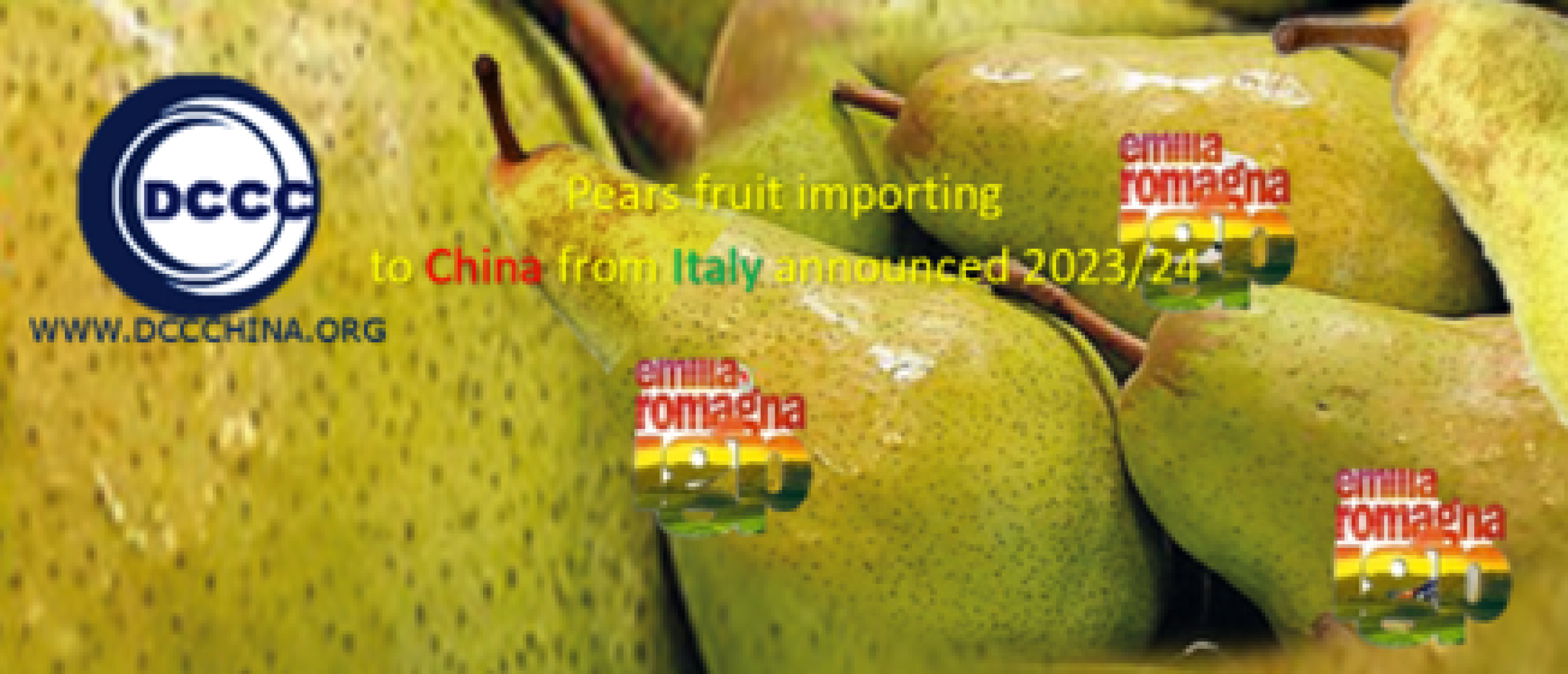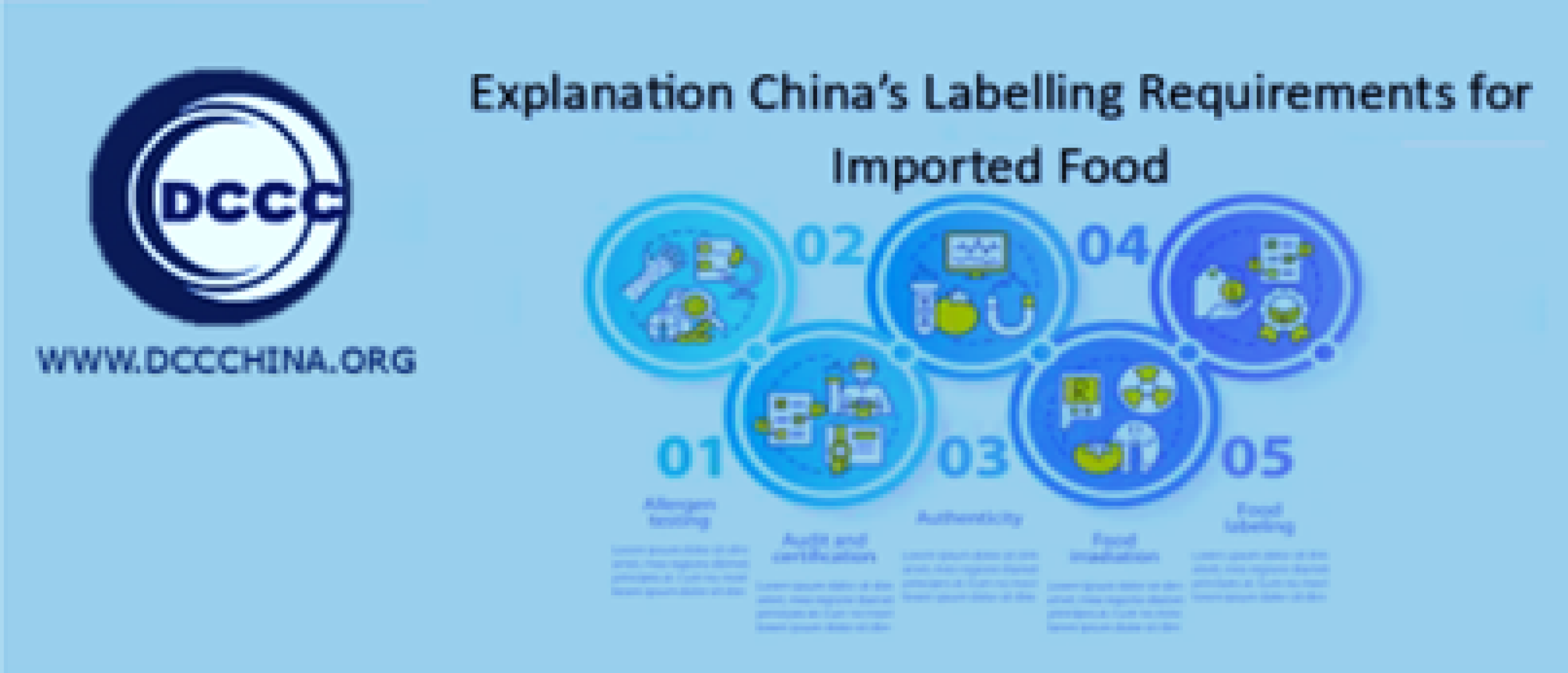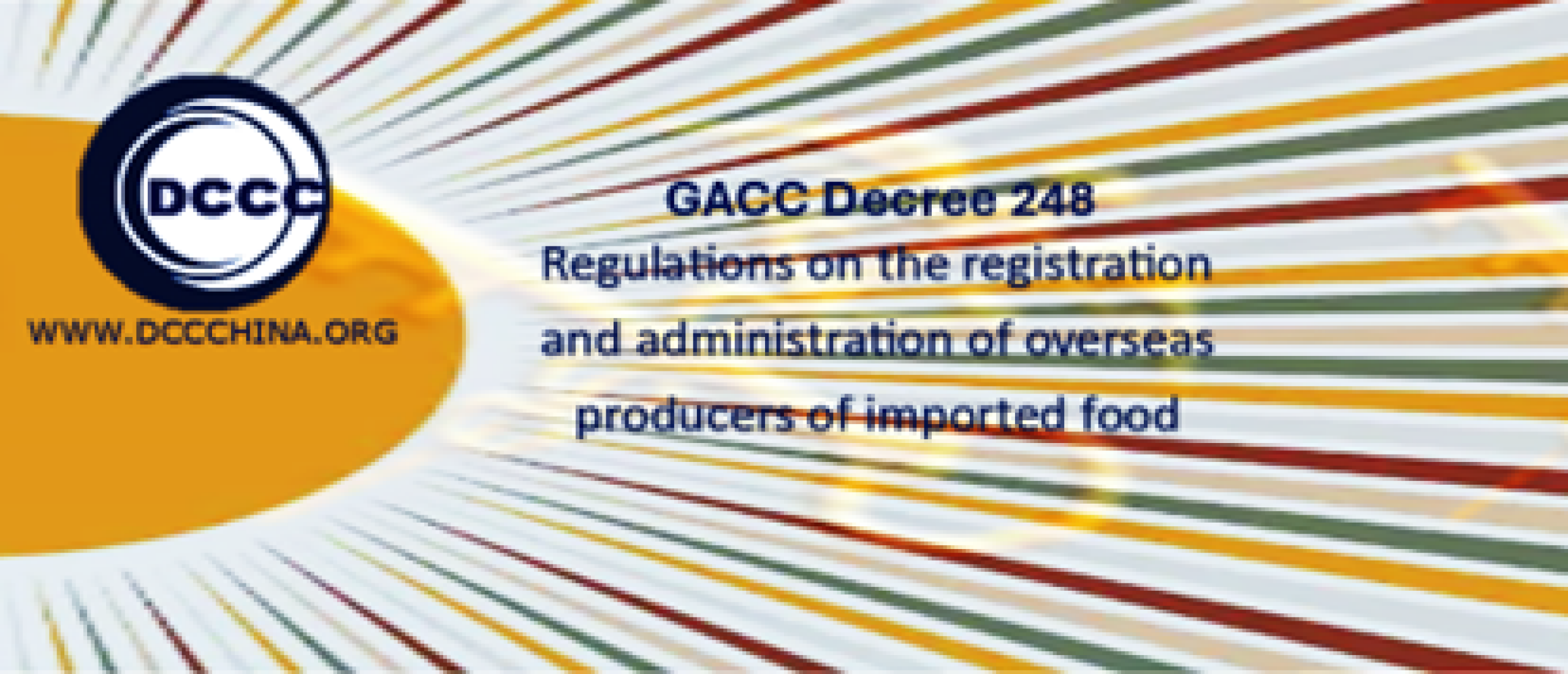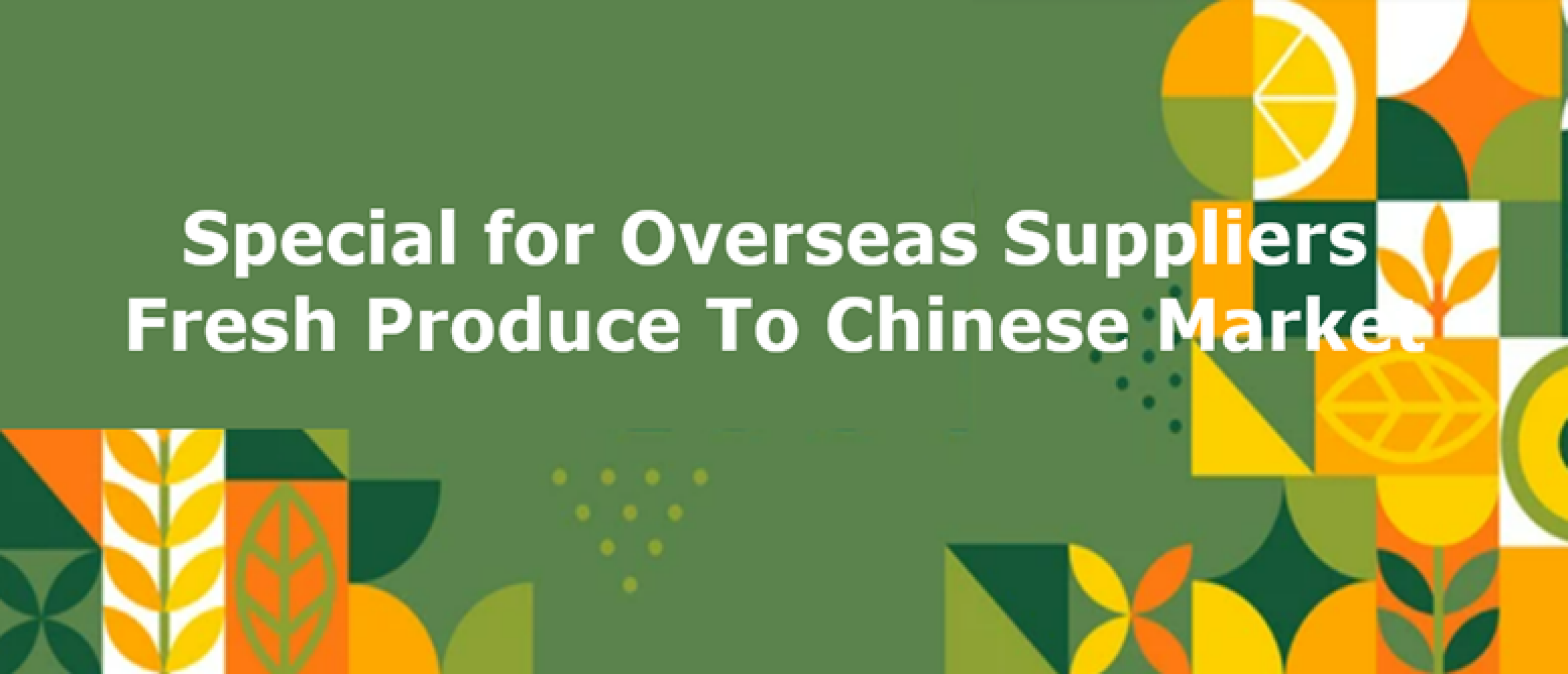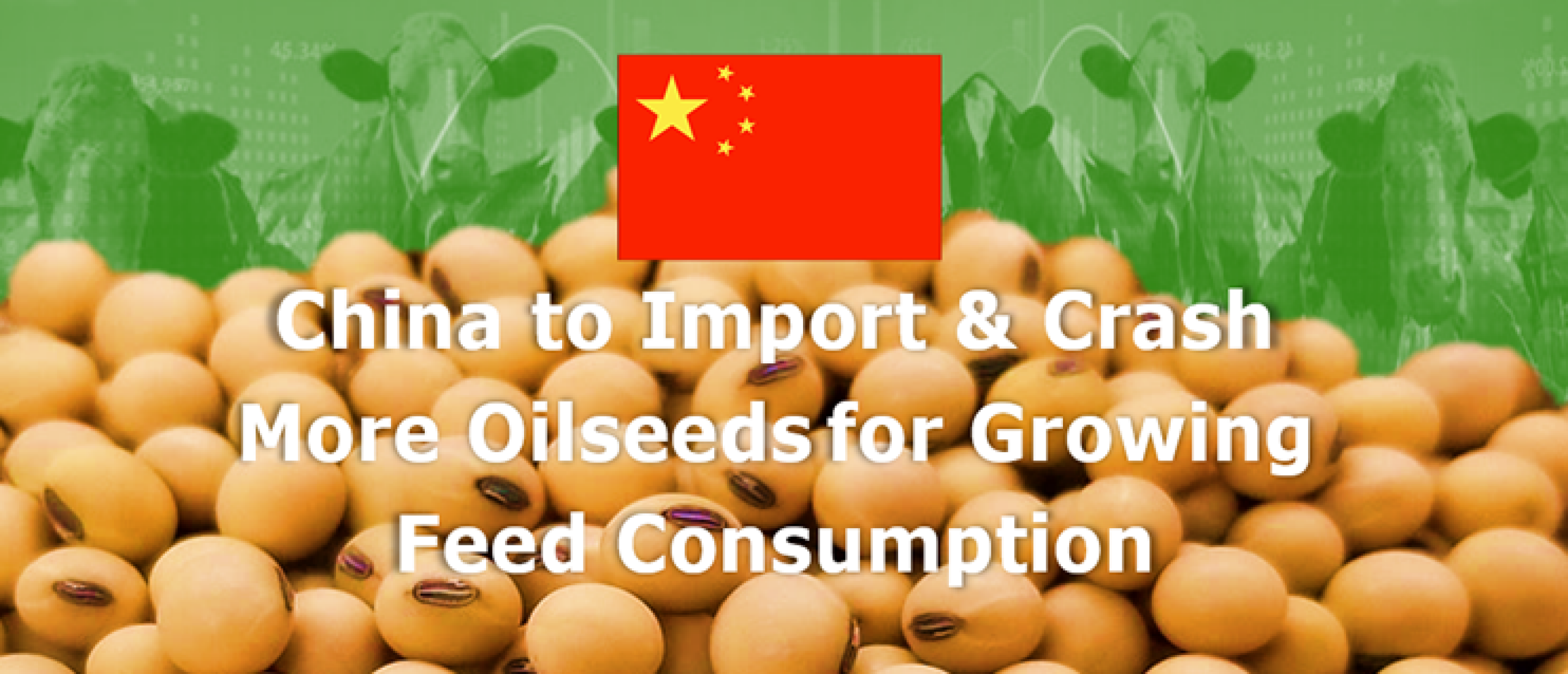
5 Tips for début your F&B products in China in 2024
 5 Tips for début your F&B products in China in 2024. Here’s F&B trades need to know about China upgrading requirements for imported F&B products, China market new development in 2024, and significantly relevant to China food import law. it is important to know the China market latest demand, consumer trends, latest rules for imported food and beverages to China.
5 Tips for début your F&B products in China in 2024. Here’s F&B trades need to know about China upgrading requirements for imported F&B products, China market new development in 2024, and significantly relevant to China food import law. it is important to know the China market latest demand, consumer trends, latest rules for imported food and beverages to China.
Here is 5 Tips for début your F&B products in China in 2024, what F&B trades essential need to know about food beverages products importing to China new development, to stay relevant to China food import law in 2024.
Tip 1- For début your F&B products in China from legal perspective in 2024
Understanding of China’s new food import law Decrees 248 and 249 correctly, they are crucial for début your F&B products in China.
China’s new food import law affects both the registration processes for imported food and the labelling requirements.
The GACC has provided little explanation as to why many new categories of food are included in the new registration process.
The detailed procedures showing how to obtain the new registration codes. It is advisable to follow the instructions regulated by both Decrees over registration processes and labelling requirements for the relevant food importing to China, that F&B imports companies should not delay applying.

Tip 2- relevant to Decree 248 -registration processes with GACC for imported F&B
For début your F&B products in China from registration processes regulated by Decree 248. Revised registration process with GACC for imported F&B.
One of the main objectives for this regulation is to lessen the verification burden on the Chinese side, by double-checking data with relevant overseas import-export institutions before submitting product registration to GACC.
GACC Decree 248 - Regulations on the Registration and Administration of Overseas Producers of Imported Food, which will require all overseas food manufacturers, processors, and storage facilities to register with the General Administration of Customs of China (GACC). It means that legal requires export food and drink products for all overseas manufacturers, processers, and storage companies to be registered with the GACC.
A complete list of products being affected by the new food import law can be found within Article 7 of Decree 248. Companies who export products from this list to China must register through GACC.
This list of products includes: Most meat and aquatic products, cereals, dairy, nuts and seeds, coffee beans and more.
Tip 3- relevant to Decree 249 -labelling requirements for début F&B in China
For début your F&B products in China from labelling requirements legal perspective in 2024. New requirements on labelling for imported F&B – relevant Decree 249. Improving food traceability is the main goal of this law.
GACC Decree 249 -"Administrative Measures on Import and Export Food Safety" , which covers a broad range of requirements on food exports to China, including overseas facilities registration, record filing by importers and exporters, quarantine and inspection, and product labeling.
Related to labelling, meat and aquatic products should have the following data in both Chinese and English on outer and inner packaging. Particularly, for F&B trading companies to China, the updated information must also be printed on the smallest unit of packaging, including:
- Country/Region of origin, product name, manufacturer registration number, and production batch number
- For meat: size, region of origin, destination (PRC), date of production, shelf life, and storage temp on outer packaging
- Seafood: Shelf life, storage condition, production method, region of origin, names of catching vessel, processing vessel, transportation vessel, storage, manufacturer registration number, and destination (PRC)
Tip 4- prevent potential penalties for début your F&B products in China
Making sure you understand the consequences if your F&B products imported to China do not fulfil required legal criteria, within Articles 23, 24, and 25 of decree 248, define potential penalties for overseas manufacturers. A fine up to RMB 10,000 (around $1600) may be applied in the case of false or inexact information on packaging.
Penalties can occur in cases where companies don’t meet the registration requirements and fail to rectify within the time limit imposed by relevant authorities.
It is important to note that the GACC can also suspend food imports at any time if the country of origin is affected by a serious epidemic situation or food safety issues.
The GACC states that “Contents are subject to adjustment from China’s authorities”. Both GACC Decree 248 and GACC Decree 249 are slated to enter into force on January 1, 2022.
Tip 5- for début your F&B products in China from market potentials in 2024
These new requirements are affecting the F&B sector in China. Especially, food labelling for exporting F&B goods to China procedures revised. Approval information for food imports into China required. How to export F&B products to China around the global requires the presence of a Chinese food label for each commodity. The label should have the correct Chinese characters and be submitted to the corresponding authorities for approval before the import of the prepackaged food product.
Food products with pre-packaged food labelling require approval documents by the correct approval authorities. Prior to the import of pre-packaged food products to China, the importer or agent should apply to the designated inspection and quarantine authorities for inspection.
The agent presents samples of the Chinese labels of the products and documentary proofs of contents specified together with a letter of undertaking from the enterprise concerned. Through on-site inspection and label examination, the designated inspection and quarantine authorizes will review the format of the labels and specifically inspect the batches selected.
After verification of the documents, the authorities will release the imported pre-packaged foods that were not selected for inspection based on the letter of undertaking issued by the importer or agent.
Among others, you also must obtain the proper documents for approval by their respective authorities. The first steps involve registration on the administrative level–registration of operator and with Customs– followed by an application for quotas and licenses.
To import any F&B products to China, overseas producers must register in China. After application approval, you proceed to sign a trade contract and exchanging formalities, along with an application for commodity inspections. Then, you receive verification and write off formalities. Once this process is completed, you can proceed to have Chinese imports of your produce.
Conclusion remarks
The entire food and beverages sector is still on alert after the pandemic, health and food safety have become top priorities for Chinese consumers. The imported food and beverage in China are taking favorable growth and is anticipated to develop further. higher sales rate imported premium convenient quality foods and energy drinks are also strongly increasing. The China food and beverage market indicates opportunities of growth imports.

